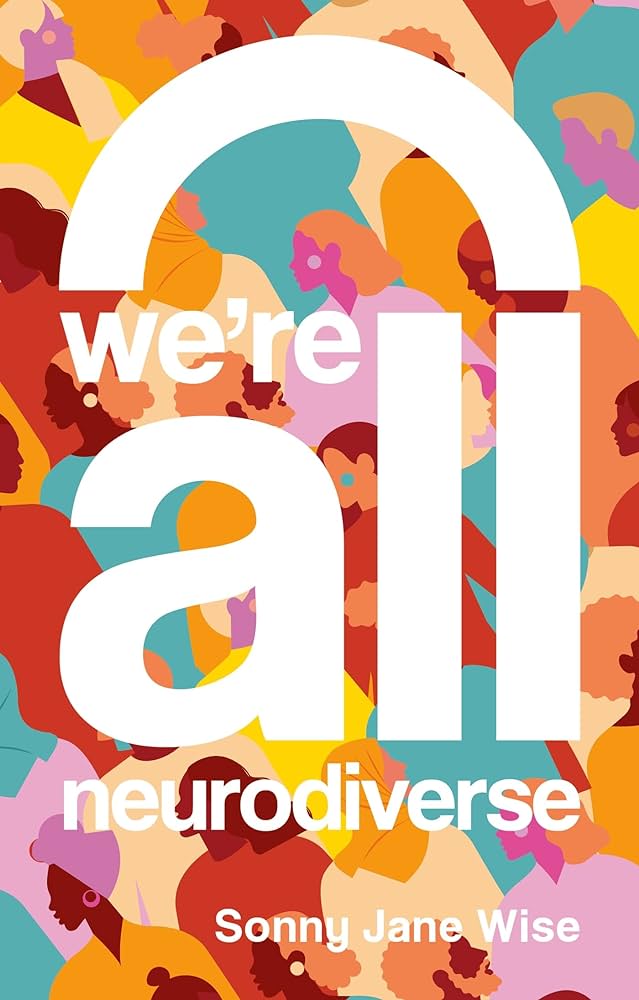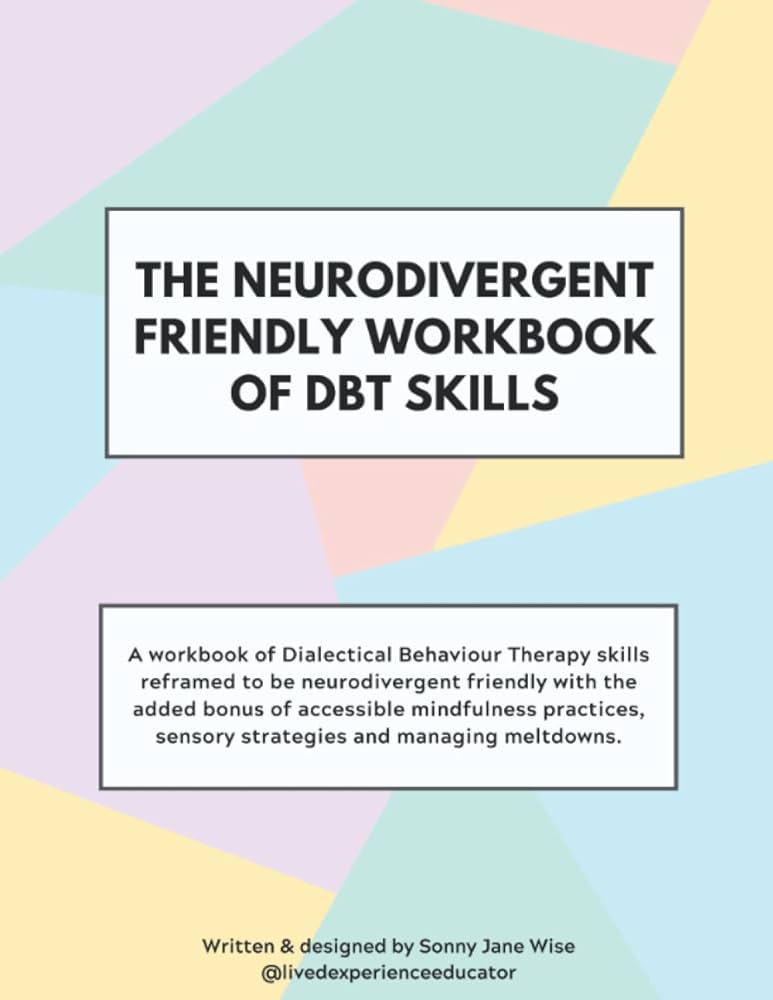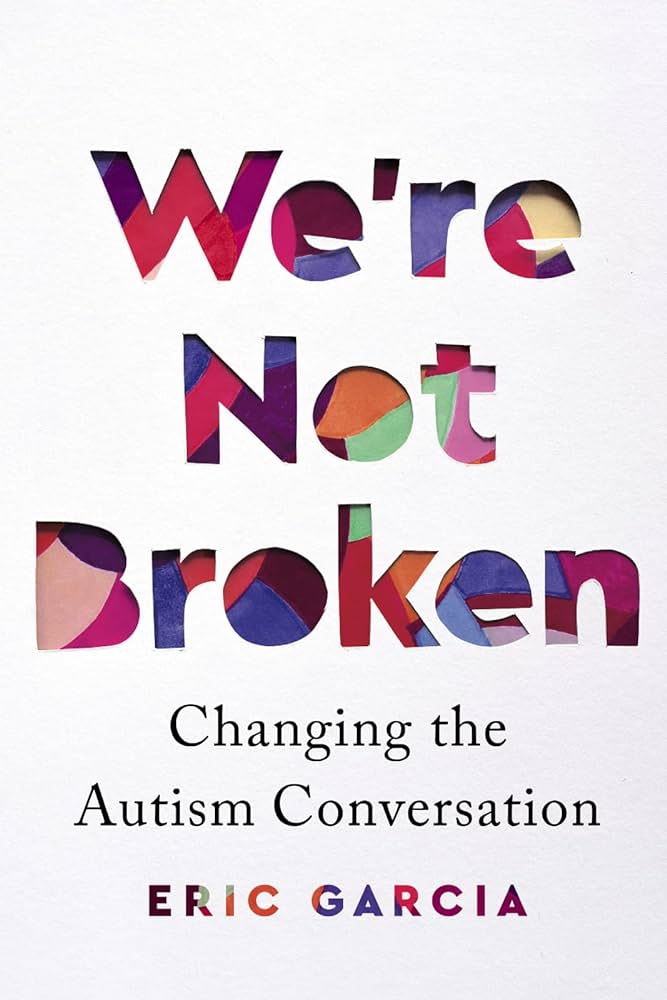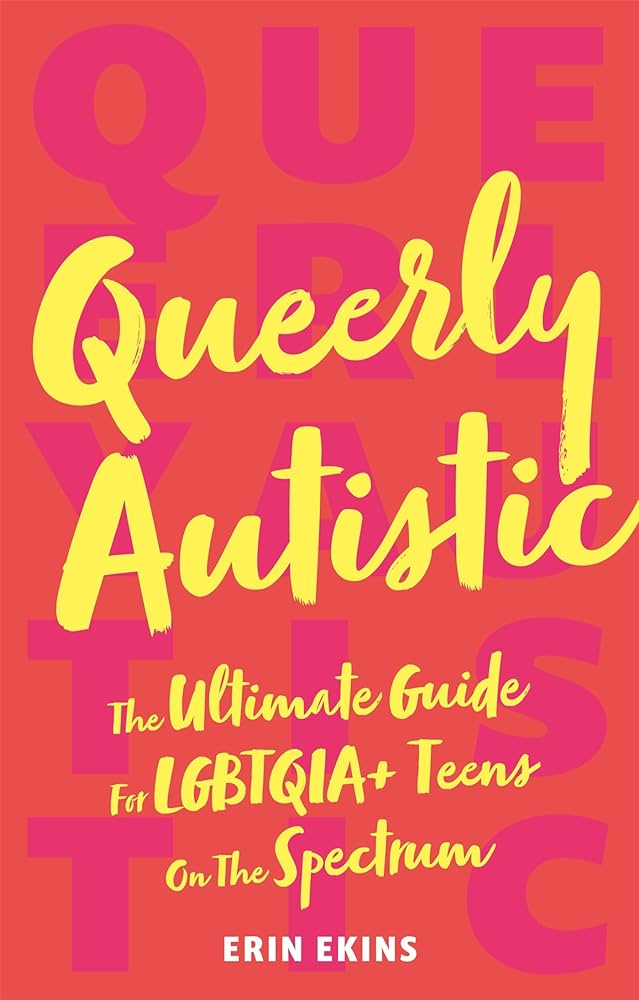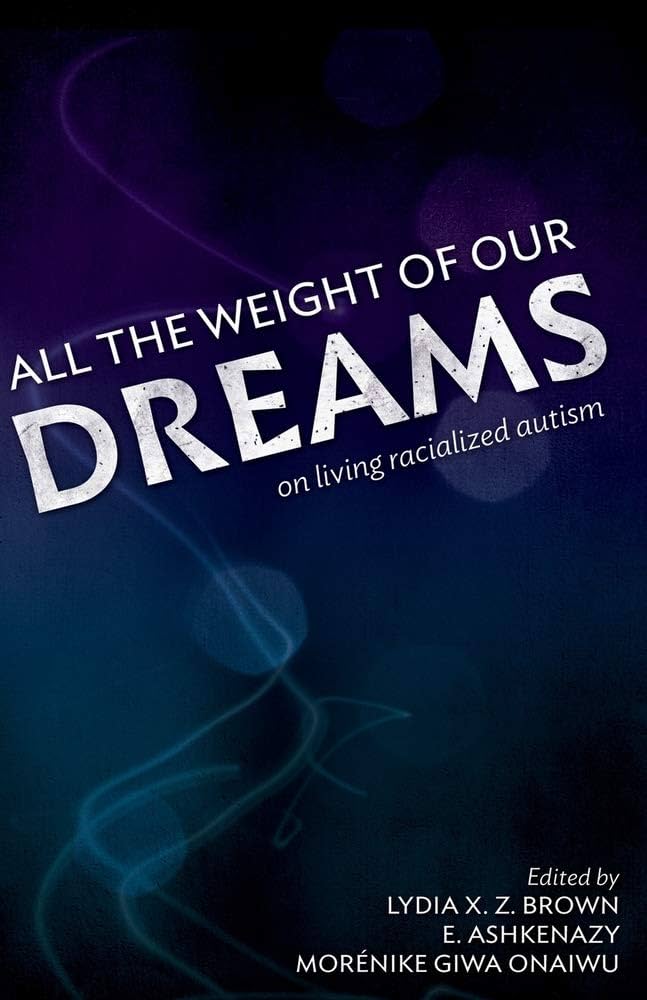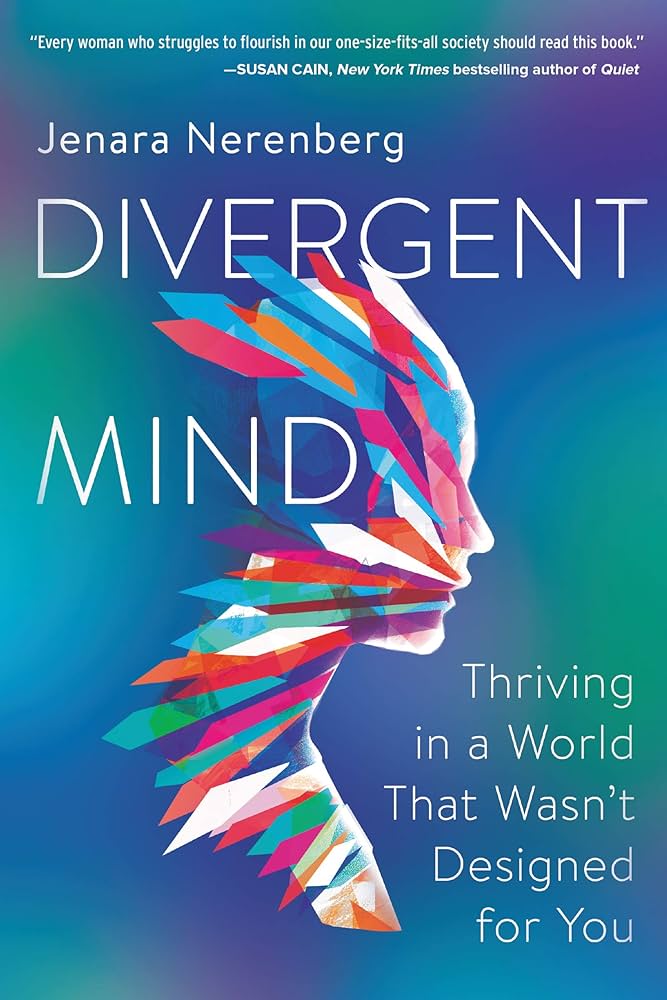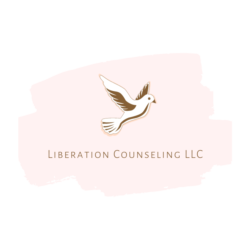What is Neurodivergent?
Neurodivergent refers to anyone whose brain or way of functioning works differently or diverges from what is expected in society. Many different ways of functioning fall under the neurodivergent umbrella such as ADHD, CPTSD, Dyslexia, Autism, Bipolar, Schizophrenia, BPD, Epilepsy, etc. Neurodivergent is affirming language that does not view differences as disordered or a deficit. Neurodivergence acknowledges all of the different ways you diverge. Neurodiverse acknowledges that all of us are unique, have different needs, and function differently.
Neurodivergent Affirming Care
Neurodivergence advocacy in my personal and professional practice acknowledges how neuronormivity is used by white supremacy, colonialism, and capitalism to force people to conform. The Diagnostic Statistical Manual of Mental Disorders (DSM) is often used as a weapon to discriminate against neurodivergence that pathologizes natural reactions to stress and trauma caused by the above, or pathologizes individuals’ differences and labels them as disordered, abnormal, or unwell.
The DSM is also used by the system to pathologize and label differences and needs as a disorder as evidence to provide accommodations instead of recognizing that there are many different ways of functioning, doing things, and communicating for everyone. This reinforces the idea that only “certain people” function outside of neuronormivity when we are ALL neurodiverse.

Engaging in Neurodiversity Practices
I educate and engage in neurodiversity practices such as respecting boundaries, centering individuals’ goals and timelines, considering and plans for sensory needs, providing alternative forms of communication, etc. Everyone has different difficulties, challenges, and needs and that does not mean a person is abnormal, unwell, failing, or a problem. Function and dysfunction are individual and look differently for everyone. It is also important to recognize that neurodivergence refers to any functioning that diverges from dominant societal norms no matter the diagnosis or label. Below is a list of topics that we can incorporate in therapy to discuss.
Neurodivergent Topics to Discuss in Therapy
- Sensory profile
- Sensory overload
- Exploring your understanding and relationship to emotions (Alexithymia)
- Rejection Sensitivity Dysphoria
- Exploring other profiles such as Pathological Demand Avoidance
- Exploring diagnosis including self diagnosis
- Navigating abelist systems
- Internalized ableism
- Special Interests
- Ways to support your brain and ways of functioning
- Support and accommodations
- Coping skills
- Stimming
- Meltdowns
- Burnout
- Masking and unmasking
- Neurodivergence and trauma
- Impact of past experiences
- Impact of co-occurring diagnoses such as ADHD and Anxiety
- Impact of chronic illness
Neurodivergence and Trauma
Neurodivergence and trauma intersect in many ways. Aside from an individual’s personal trauma history being neurodivergent in this world is inherently traumatic because of the way neurodivergent people are treated for their ways of functioning. Neurodivergent people will often be dismissed, bullied, and abused for their conditions and needs. This is where we begin to mask or try and hide our differences to conform thinking we are the problem.
In addition, the world can be extremely overstimulating. When we are unable to receive support for our brains and nervous systems existing can begin to feel exhausting and traumatizing without the proper care and support.
Neurodivergence and Healing
When discussing neurodivergence and healing I acknowledge the power of self-diagnosis, lived experience, and client-centered practice. I make sure to use neurodiversity-affirming language instead of deficit-based language and move away from the idea that neurotypical is the benchmark for functioning. I hold space for the pain and trauma while collaboratively working with you to grow around it.
Our sessions will be tailored to your needs and perceptions of your experiences. We will not focus on changing how your brain and nervous system function but will work to show ourselves care and self-compassion while safely exploring your inner world. This can look like learning about your neurodivergence, discovering how your past experiences impact your internal beliefs and thoughts, learning about the role of emotions, learning how to identify, feel, and express your emotions, learning about your survival skills and traumatized parts, and understanding your support needs.
In addition, you will receive a personalized plan of care that honors your coping skills, survival skills, and all of the ways you love to be cared for by yourself and by your community and support system.
Healing Internalized Ableism
With healing internalized abelism I encourage myself and others to seek peer support and solidarity. It is important to address the health and well-being of disabled people in an ableist world. Understanding how oppression and prejudice can influence internalized ableism and signs of self-loathing is essential.
How Class and Ableism Intersect
Class and ableism intersect as class is a system of “ordering” society and is used as a way to determine people as “deserving” and “undeserving,” “successful” and “unsuccessful” “lazy” or “productive” and ableism is used in the same way that functions as defining differences or divergence from the norm and discriminates in favor of able-bodied people and deems typical abilities as “superior” and disabilities are “inferior.”
Abelism to the core is linked to colonization, capitalism, and all other forms of oppression. Where we see the devaluing of people and communities, the creation of dominant group and subjugated groups form, pitting communities and groups against each other. Which is leveraged to justify inequity, violence, criminalization, exploitation, and pathologizing.
Neurodivergence Education
Understanding more about neurodivergence and your relationship with yourself and your needs is an important part of the healing process. Below is a list of books written by individuals with lived experience who have been some of my teachers to help me on my professional and personal journey.
